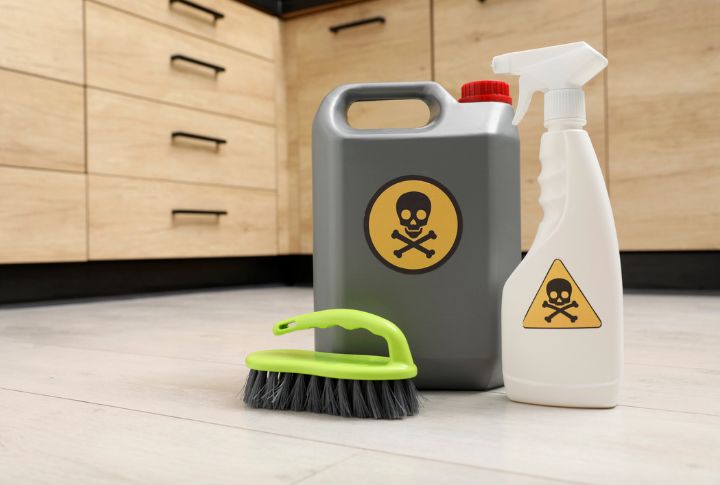
In the sanctuary of your home, there are hidden threats that could endanger your health. From innocuous to outright hazardous, 15 poisonous substances are lurking in your house, poised to wreak havoc with a mere touch or taste. Keep reading to discover the complete list and how to protect yourself.
Mothballs

Mothballs contain chemicals, including naphthalene and paradichlorobenzene, which release toxic vapors. Long-term exposure can cause headaches, dizziness, and severe respiratory problems. Ensure proper ventilation when using mothballs and consider alternatives for pest control.
Houseplants

While houseplants add aesthetic appeal and improve air quality, certain varieties include toxins such as oxalates and solanine. If ingested, these toxins can cause anything from mild irritation to poisoning. For example, plants like philodendrons and lilies can be hazardous to pets and small children, leading to symptoms such as swelling, vomiting, or even more serious health issues.
Mercury
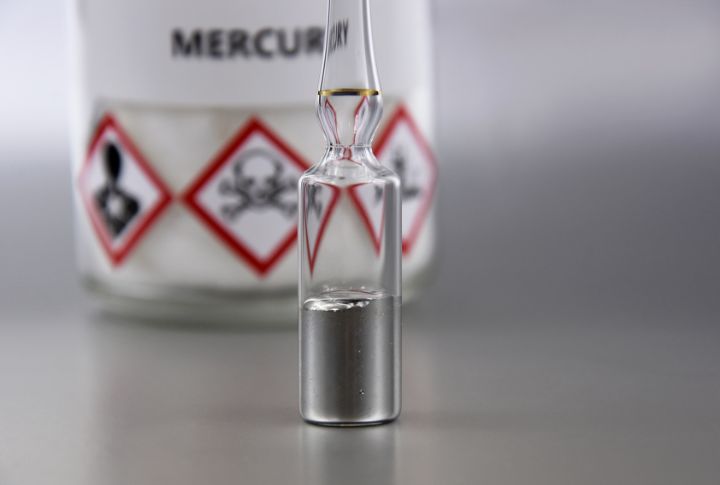
Mercury is a potent neurotoxin present in items such as fluorescent bulbs, thermometers, and some batteries. Exposure can result in neurological damage, manifesting as tremors, memory loss, and other cognitive impairments. Proper disposal and immediate cleanup of spills are critical to prevent mercury exposure.
Antifreeze
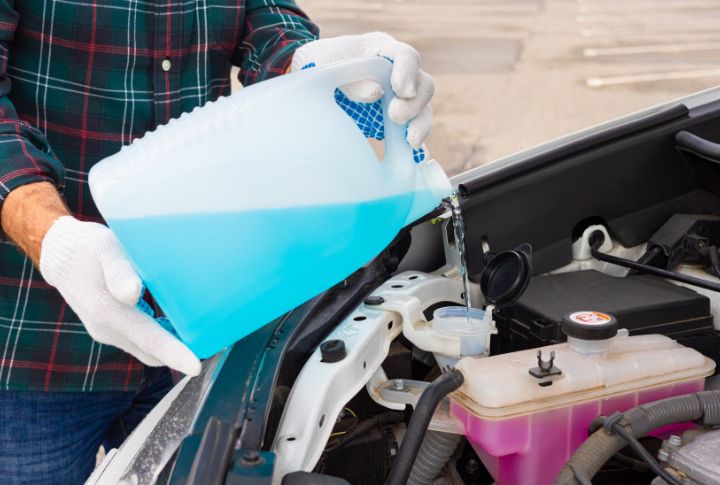
|Antifreeze, often containing ethylene glycol, is highly harmful. Its sweet taste can be deceptively attractive, especially to pets and kids, leading to ingestion that can result in kidney failure and death. Secure storage and immediate cleanup of spills are essential.
Household Cleaners
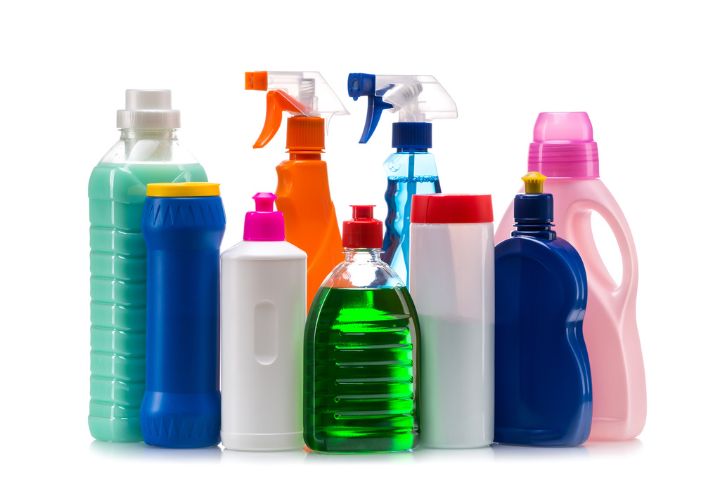
Many household cleaners consist of corrosive substances such as lye and hydrochloric acid. These chemicals can cause severe burns upon contact with skin or eyes and are harmful if inhaled or ingested. Wearing protective gear and using these products in well-ventilated areas can mitigate risks.
Teflon

Non-stick cookware made with Teflon can release toxic fumes when overheated, causing polymer fume fever or “Teflon flu,” with symptoms similar to the flu, such as chills and fever. To avoid this, never heat Teflon-coated cookware above recommended temperatures and ensure adequate ventilation in the kitchen.
Asbestos
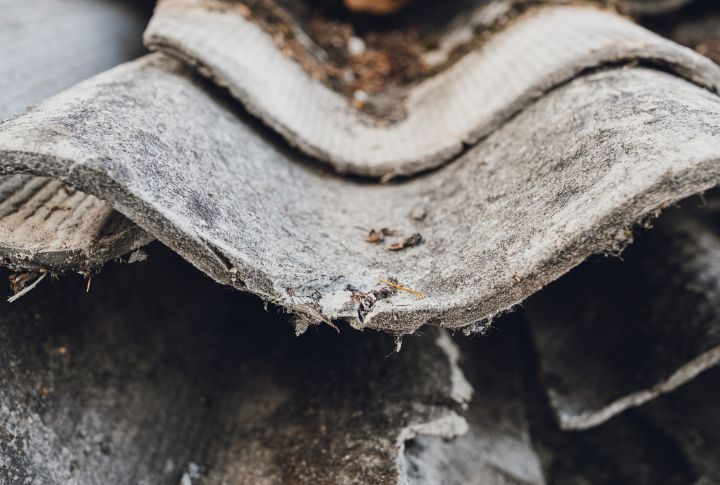
Often found in older homes, asbestos is a fibrous material used in insulation and fireproofing. When its fibers become airborne and are inhaled, they can cause lung cancer and mesothelioma. Professional removal and abatement are necessary if asbestos is detected in your abode.
Bleach
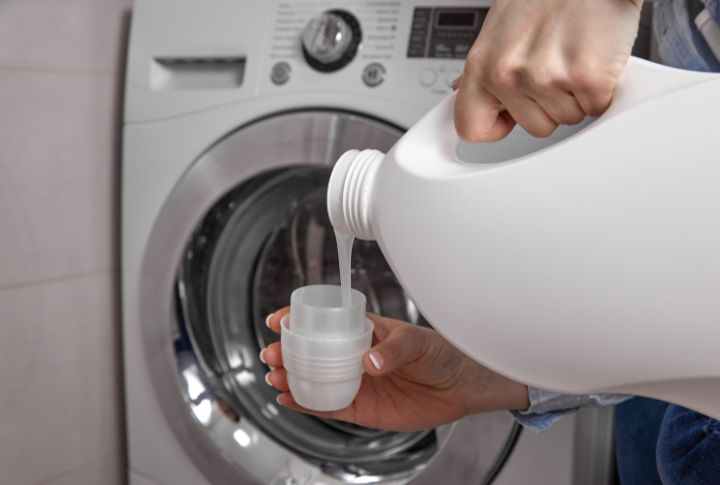
Bleach is an excellent, powerful cleaning agent but poses significant risks when improperly handled. When mixed with ammonia, it releases harmful chloramine vapors, which can cause respiratory distress like coughing, shortness of breath, and even fatal lung damage if inhaled in large quantities. Always ensure proper aeration while using bleach.
Dishwasher Detergent Pods
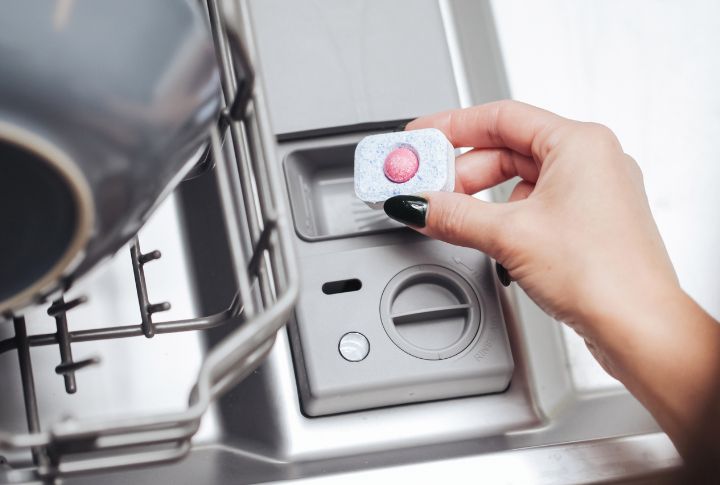
When consumed, these colorful, attractive pods contain highly concentrated detergents that can burn the mouth, throat, and digestive tract. Store them securely out of reach of children and pets.
Aerosol Sprays
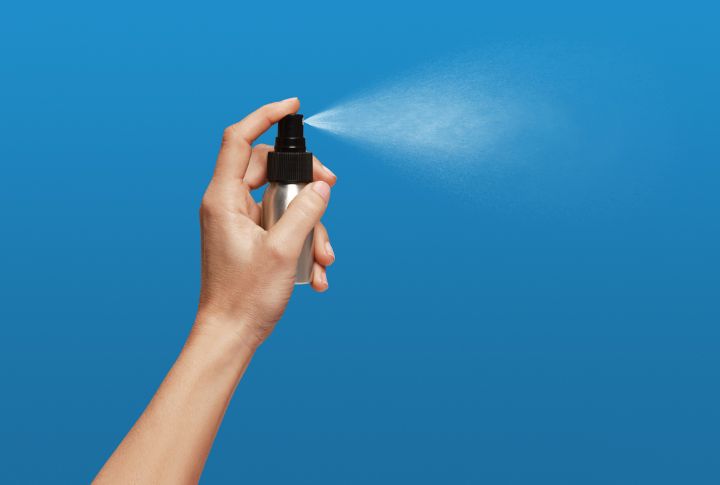
Volatile organic compounds (VOCs) found in products like air fresheners and insect repellents can potentially harm the respiratory system and lead to indoor air pollution. To minimize risks, use these products sparingly and ensure good ventilation.
Nail Polish Remover
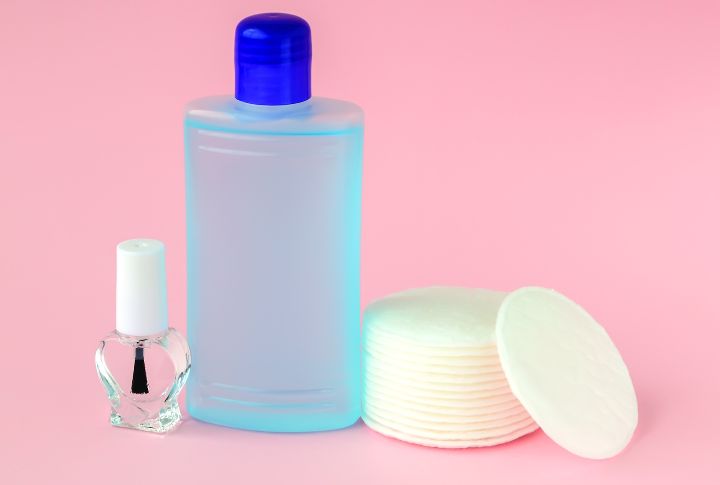
Acetone-containing nail polish remover can be hazardous if consumed or if it comes into contact with the eyes or skin, causing irritation or chemical burns. Store it securely out of reach of kids and use it in a well-ventilated area.
Rodenticides
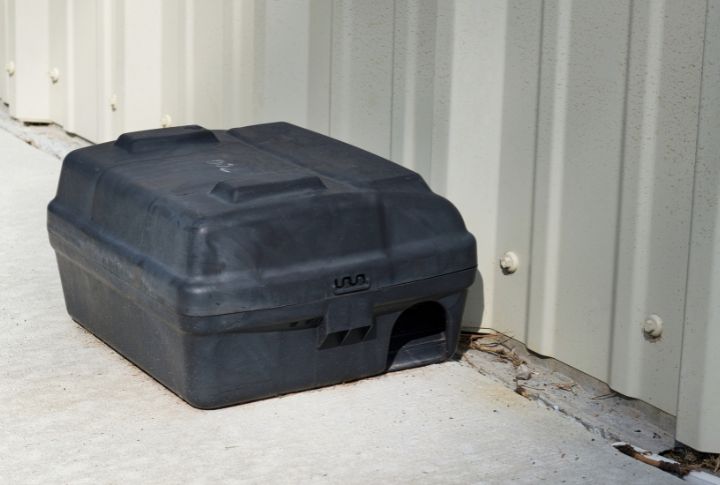
Rodenticides are used to control rodent populations. However, they contain toxic substances that can cause internal bleeding, organ failure, or death if ingested by humans or pets. Store these products safely and consider alternative pest control methods.
Tobacco Smoke

Exposure to tobacco smoke, whether firsthand or secondhand, significantly increases the risk of cancer, respiratory diseases, and heart problems. Keeping your home smoke-free is essential for your health.
Prescription Medications

Improper use or accidental ingestion of prescription medications can have potential health consequences, including overdose. Always follow prescribed dosages and keep medicines out of reach of children and pets.
Airborne Allergens
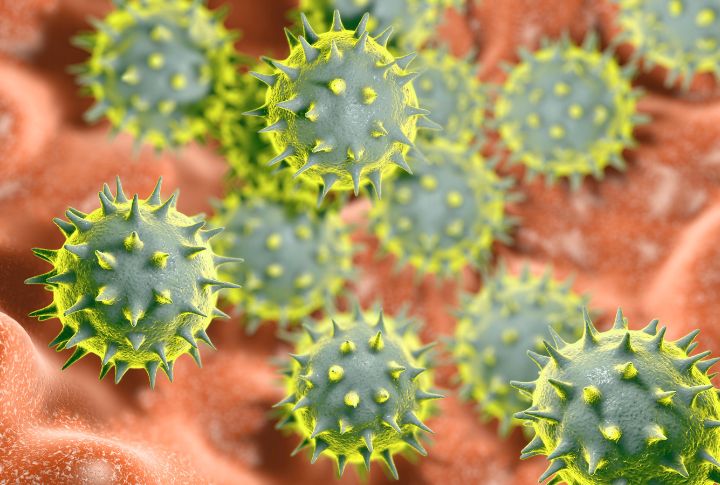
Common allergens, such as pet dander, mites, and pollen, can trigger allergic reactions and aggravate respiratory disorders like asthma. Regular cleaning, using air purifiers, and maintaining proper ventilation can help reduce allergen levels in your house.


Comments
Loading…